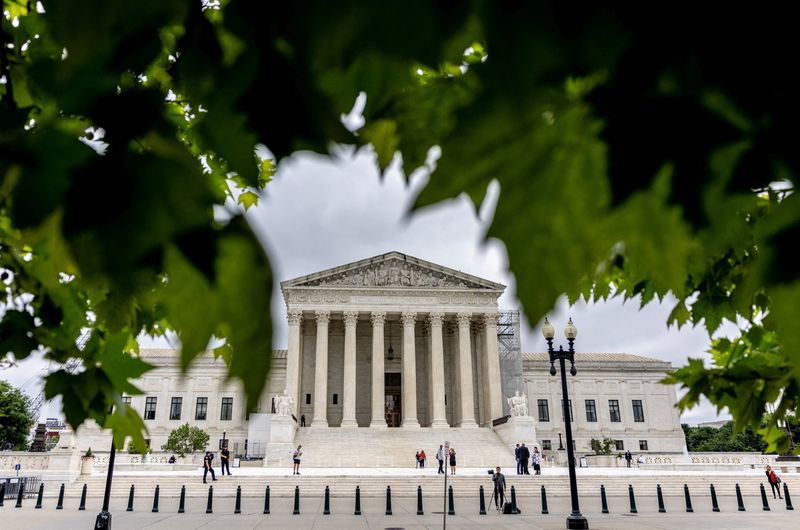By Dietrich Knauth
New York (Reuters) – Purdue Pharma has been granted a 60-day freeze on lawsuits against its owners, the Sackler family, by a U.S. court. This decision comes after a landmark Supreme Court ruling that overturned its bankruptcy settlement.
U.S. Bankruptcy Judge Sean Lane approved the injunction at a court hearing in White Plains, New York, stating that the litigation ceasefire will allow Purdue to renegotiate a comprehensive settlement regarding lawsuits alleging that its painkiller OxyContin contributed to the opioid addiction crisis in the United States.
The Supreme Court’s ruling on June 27 determined that Purdue Pharma’s bankruptcy settlement cannot protect the Sacklers, who did not file for bankruptcy themselves, from their involvement in the nation’s opioid epidemic.
This ruling has forced Purdue to revisit its bankruptcy plans after nearly five years and puts at risk the billions of dollars in funding that the company and the Sacklers had committed to addressing the crisis.
Lawsuits filed against Purdue and the Sackler family by various state and local governments, as well as individual plaintiffs, have accused them of contributing to the opioid crisis through deceptive marketing of OxyContin. The company had previously pleaded guilty to misbranding and fraud charges related to its marketing of the drug.
Purdue’s bankruptcy protection has halted the opioid-related lawsuits against the company since 2019, and this shield has now been extended to the Sacklers as well.
Marshall Huebner, Purdue’s attorney, announced plans for expedited mediation involving the Sacklers, government entities, and other stakeholders. He emphasized the importance of the 60-day negotiation period in reaching a new settlement to address opioid overdoses and addiction.
“Every day of delay comes at a tragic cost,” stated Huebner.
Despite the hope for a settlement expressed by several parties, there is a consensus that mediation should adhere to the proposed 60-day schedule.
During the hearing, Judge Lane appointed two mediators, including retired bankruptcy judge Shelley Chapman, to facilitate the settlement talks. If mediation fails, Purdue has indicated that a court-appointed committee representing creditors should be permitted to sue the Sacklers over allegations of financial misconduct.
The Sacklers have denied any wrongdoing and oppose the proposed litigation by creditors. They have expressed willingness to continue settlement negotiations but remain prepared to defend against litigation if talks break down.

“No one is guaranteed a recovery in this court or any other court,” stated Gerard Uzzi, representing the Sackler family members.
Purdue’s previous bankruptcy settlement had widespread support but also faced criticism from individuals like Carrie McGaha, who highlighted the challenges faced by those affected by opioid addiction throughout the bankruptcy proceedings.

